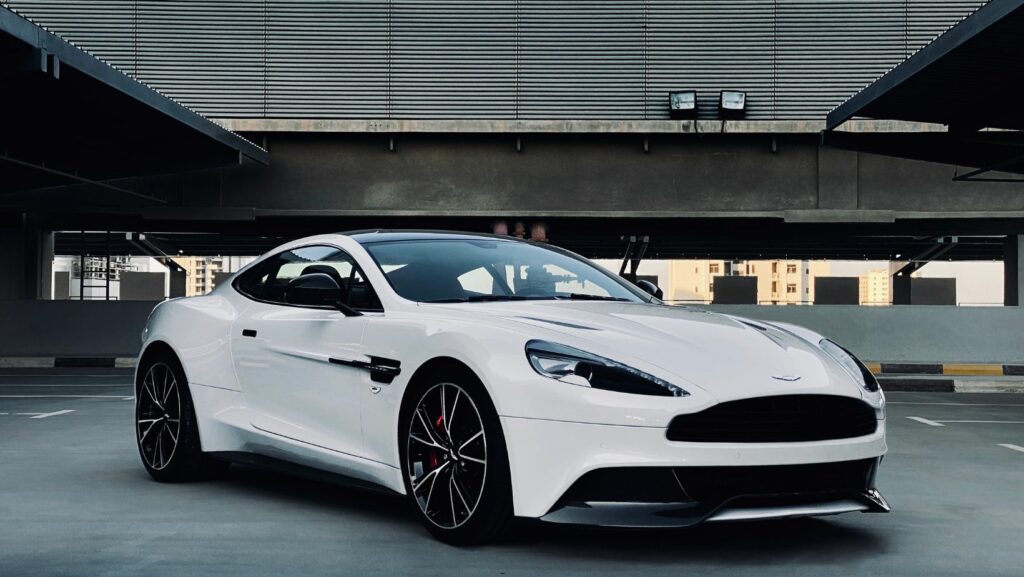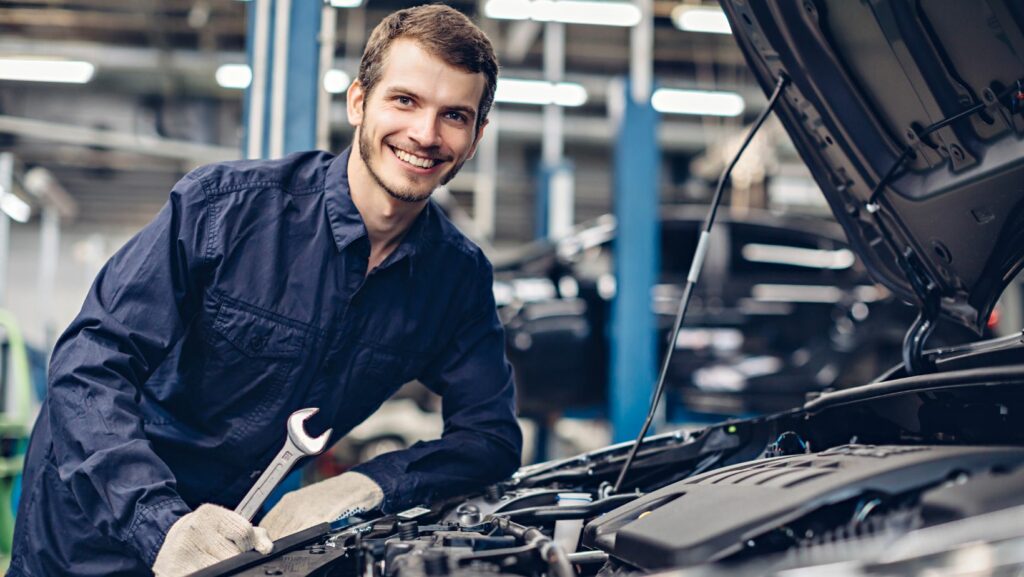In the fast-paced world of automotive innovation, staying updated can feel like a race against time. From the latest model releases to groundbreaking tech advancements, the industry is constantly evolving. This article serves as your pit stop, providing you with the most recent and relevant automotive news.
 Whether you’re a car enthusiast, a potential buyer, or just someone curious about the industry’s latest happenings, you’re in the right place.
Whether you’re a car enthusiast, a potential buyer, or just someone curious about the industry’s latest happenings, you’re in the right place.
We’ll delve into the heart of the automotive world, exploring the key trends and developments that are shaping the future of transportation. Buckle up, it’s time to hit the road to discovery.
Automotive News
Unpredictable global events often shake up the automotive industry, creating a ripple effect on production and consumer demand. These events shape the industry’s path, resulting in a constant state of flux and adaptation.
Supply Chain Disruptions
Swift and unpredicted global events drive significant supply chain disruptions in the automotive sector. Just as COVID-19 had led to factory shutdowns and production halts worldwide, for instance. A ripple effect of these disturbances was that carmakers, such as Toyota and Volkswagen, faced massive production losses.
Simultaneously, the demand for certain materials like palladium, used extensively in catalytic converters, also skyrocketed due to production disruptions in mining industries. Parts shortages, especially in semiconductors, have underscored the fragility of automotive supply chains, pushing companies to reevaluate and strengthen their supply chains to withstand future disruptions.
Changes in Consumer Demand
 On the flip side, global events trigger substantial shifts in consumer demand within the automotive sector. After the onset of COVID-19, health and safety concerns largely affected buyers’ behaviors, stimulating demands for personal vehicles to avoid public transport. Car brands like Tesla and Chevrolet witnessed a rise in sales of their electric vehicles due to a growing desire for sustainable and eco-friendly living among consumers.
On the flip side, global events trigger substantial shifts in consumer demand within the automotive sector. After the onset of COVID-19, health and safety concerns largely affected buyers’ behaviors, stimulating demands for personal vehicles to avoid public transport. Car brands like Tesla and Chevrolet witnessed a rise in sales of their electric vehicles due to a growing desire for sustainable and eco-friendly living among consumers.
Increased preference toward owning personal vehicles complemented with a rise in remote working conditions, resulted in heightened demand for high-tech, in-car features and connectivity. Therefore, automakers should remain adaptive to changing consumer demands and actively modify their strategies to accommodate these shifts.
Innovations in Automotive Design and Features
With the exponential development of AI, Machine Learning, and green initiatives, automotive design has entered a revolutionary phase. The following subsections spotlight how AI and sustainability initiatives are reshaping car manufacturing processes.
Integration of AI and Machine Learning
AI and Machine Learning integration into automotive design has ushered in a new era in the industry. Customizing driving experiences, optimizing operational efficiency and reducing human error are remarkable benefits that AI presents. For instance, Tesla’s Autopilot system uses a combination of radar, ultrasonic sensors, and cameras that provide a suite of AI-powered features like self-navigation, lane centering and adaptive cruise control, thus reducing stress for the driver. Tech giants like Google are also pioneering with their AI-based project – Waymo that envisages to bring self-driving technology to the world.
Sustainability Initiatives in Car Manufacturing
 Sustainability has evolved from being a buzzword to a significant factor in car manufacturing. Automakers are adopting measures to reduce their carbon footprint and promote eco-friendliness. Take, for example, BMW’s “Production Goes Green” initiative. It targets to reduce production-related emissions by a staggering 80% by 2030.
Sustainability has evolved from being a buzzword to a significant factor in car manufacturing. Automakers are adopting measures to reduce their carbon footprint and promote eco-friendliness. Take, for example, BMW’s “Production Goes Green” initiative. It targets to reduce production-related emissions by a staggering 80% by 2030.
Similarly, Toyota’s “Environmental Challenge 2050” envisions a net zero carbon footprint across their product lifecycle. Renewable materials are being increasingly used in constructing vehicle components, thus limiting the use of non-biodegradable substances. Volvo Cars made a commitment to have their global manufacturing plants climate-neutral by 2025, representing their dedication towards a sustainable future.
The automotive industry’s future is electrifying and autonomous, with a strong focus on sustainability and safety. The rise of EVs and autonomous driving technology isn’t just a trend—it’s a transformative shift set to redefine transportation by 2030. Global events like the pandemic have accelerated this change, pushing automakers to adapt and innovate. From major recalls to AI integration, safety and efficiency are at the forefront of industry advancements. Finally, sustainability initiatives by leading manufacturers underline the industry’s commitment to a greener future.



